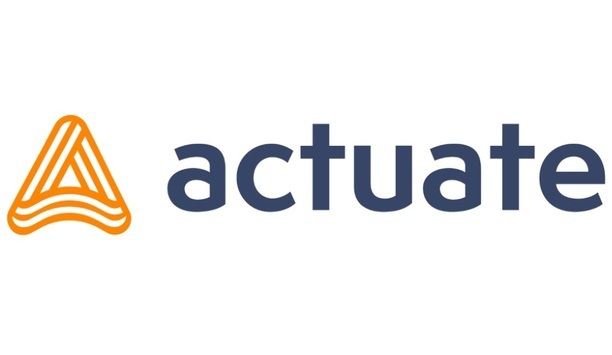New research commissioned by Check Point shows that GDPR is delivering a strong positive effect overall for European businesses – but with some significant variations between countries in terms of adopting GDPR measures. Check Point has also developed a new free online tool called GDPRate to guide businesses through the essential components of an effective GDPR compliance strategy.
The study of 1,000 CTOs, CIOs, IT managers and security managers in France, Germany, Italy, Spain and the UK sought to understand how European companies have addressed the requirements of GDPR. It revealed that 74% of organizations overall (UK respondents: 58%) believe GDPR has had a beneficial impact on consumer trust, and 73% claim it has boosted their data security (UK: 54%).
Strategic approach to data security
60% of the overall sample (UK: 53%) say their business has fully adopted all GDPR measures
60% of the overall sample (UK: 53%) say their business has fully adopted all GDPR measures, with just 4% still to begin the process (UK: 10%). When asked to rate their performance in dealing with GDPR requirements on a scale from 0 to 10 (0 is ‘not at all’ and 10 is ‘totally’), the average score was an optimistic 7.91 (UK: 6.55).
GDPR has encouraged a strategic approach to data security: the research showed that 65% of CTOs, CIOs, IT & security managers believe their company has an organic and strategic approach to cybersecurity (UK: 39%). This strategic approach is defined as one where measures are applied from the bottom up – and this is being used to meet the obligations of GDPR.
Meeting the security requirements
The study reveals that significant progress has been made across Europe towards GDPR compliance. 53% of respondents said their organization set up a GDPR working group (UK: 37%). Another 45% allocated budget to cover the costs of implementing GDPR (UK: 33%), while 41% employed GDPR consultants (UK: 37%).
From an IT perspective, the most common steps taken to meet the security requirements imposed by GDPR are:
- Adopting standard security measures (44% overall; UK: 31%)
- Initiating training for employees to increase understanding of data security risks (41% overall; UK: 29%)
- Implementing an access and encryption control system (41% overall; UK: 29%)
The research also revealed the costs of addressing GDPR requirements. 27% of respondents invested between £42,629 and £127,886. A further 25% said their company’s investment was over £127,887. The country that invested the most to meet its GDPR requirements was Italy, with 34.5% of Italian organizations invested over £127,887, followed by Germany (31.5%). The UK invested the least, with only 12.5% of UK respondents saying their company’s investment was over £127,887.
Ensuring sensitive business data
It’s important for organizations to adopt robust frameworks to meet the demands of GDPR"Rafi Kretchmer, Head of Product Marketing at Check Point Software said: “What’s clear from this research is that many European organizations have made significant progress in implementing the steps required to become GDPR compliant. And quite a few are already seeing powerful benefits. But for many firms there’s still a lot that can be done.”
“It’s important for organizations to adopt robust frameworks to meet the demands of GDPR, rather than simply shutting down access to tools and platforms that both employees and customers want to use – like mobile devices and the cloud. There are relatively easy-to-integrate methods of keeping data safe – such as document encryption and hard drive encryption. These approaches can ensure sensitive business data is protected, preventing data leaks and unauthorized access to data.”
Protecting private data
GDPR’s main aim is to protect private data, so cloud solutions came under scrutiny. Overall, 83% of those polled said their organization uses cloud solutions. But many are more cautious about how the cloud is employed following GDPR’s introduction. Just 7% of companies took the drastic measure of ceasing to use cloud solutions altogether as a result of GDPR.
The three most-anticipated long-term benefits of GDPR were found to be:
- Helping organizations demonstrate their focus on customers’ data and increasing loyalty (45%)
- Making operations more efficient, especially regarding cybersecurity (44%)
- Providing a more comprehensive view on the information processed by the company (40%)
Effective GDPR compliance strategy
However, nearly 13% overall believe that GDPR won’t bring any benefits to their business at all. The countries most pessimistic about GDPR’s benefits were Germany and the UK, with 21.5% and 20% of respondents stating that GDPR will not bring benefits. Respondents from Spain (3.5%) and Italy (6%) were more optimistic about GDPR benefits.
Check Point has also developed a new application called GDPRate to guide businesses through the essential components of an effective GDPR compliance strategy. The tool checks the organization’s readiness for the GDPR 14 security standards and requirements as it pertains to using security products to comply with these standards.
Learn why leading casinos are upgrading to smarter, faster, and more compliant systems
































